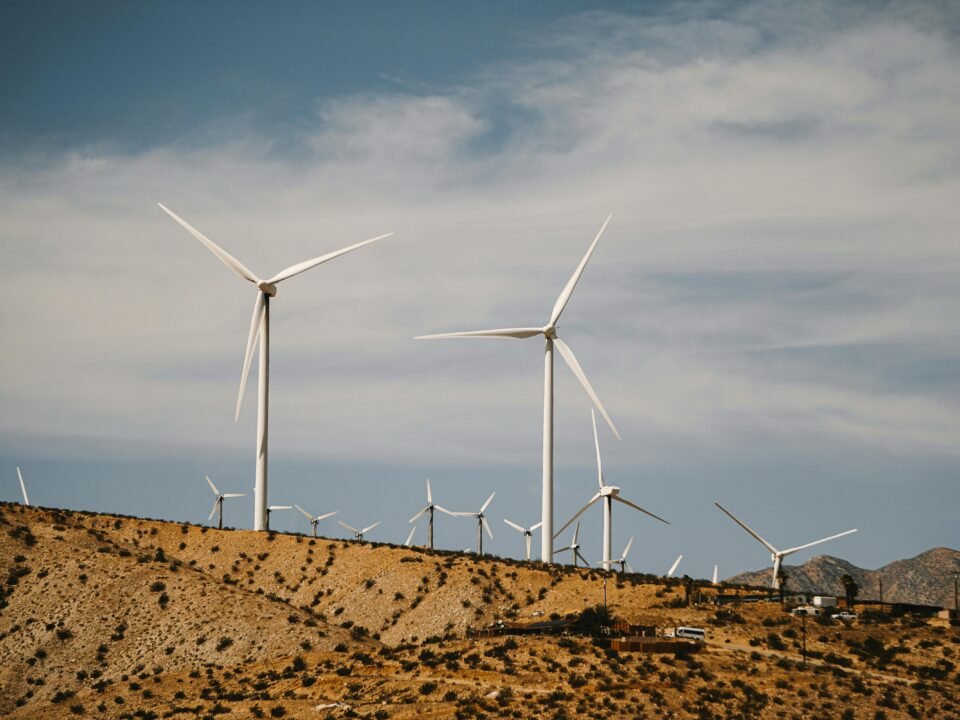Do you remember the severely catastrophic water scarcity in Chennai and Bangalore last year? Or the continuous stream of news about distressed farmers in the plateau region of India that have given up on the hope for a better life? As compared to the world’s surface average of 990mm of water levels a year (these include rains that happen over the ocean), India receives a healthy yearly rainfall of 568mm average. This is a fortunate number, more than enough to meet all our needs and provide for everyone throughout the year. So why do we have these severe droughts every year?
It’s because we do not conserve, save to utilize this water when it rains from May to October. Add deforestation, pollution of water bodies and deforestation to this mix and we get a complete recipe for disaster droughts. To save ourselves from this conundrum we can resort to simple measures, like –
- Recharge all bore-well
Borewells are still a major source of fresh groundwater in a lot of two/three tier towns and rural areas. These borewells run dry during summers for not having consumed enough water during the monsoons. Recharging borewells during monsoons, works well to replenish our natural groundwater levels that are fast depleting. To help the water seep through without the debris a number of deep pits need to be dug around its area and filled with a mixture of sand and husk. We can also place multiple cement rings over these sink-holes to hasten the process. These fake mini-wells can be filled partially with stones to purify the water on its way down.
- Domestic Rainwater Harvesting
The primary way to indulge in this noble activity would be to have your roof ends drain into a water collection drum. These drums need to be covered and a few millilitres of oil can be added to avoid larval growth. This water can be used for flushing, washing, cleaning or even laundry. If you cannot collect this water, always direct the stream towards an area covered with a lot of shrubs or trees to allow natural water conservation. Directing this water into public drains only wastes it. Another way could be having a large rooftop garden to grow all your essentials or just for recreational purposes.
- Resort to eco-friendly chemicals
All the chemicals you use in your home get washed into water that you excreted out of your house. This joins the municipality drains to be emptied into natural water reservoirs of your town. Harsh liquid detergents, soaps, disinfectants, fertilizers, pesticides and insecticides all kill the natural life there while rendering natural water unsafe for public usage. It also accelerates eutrophication of lakes and ponds.
Water conservation during monsoons is the main variable that affects the quality of sustainable lives throughout the year. So do your best this monsoon season!




